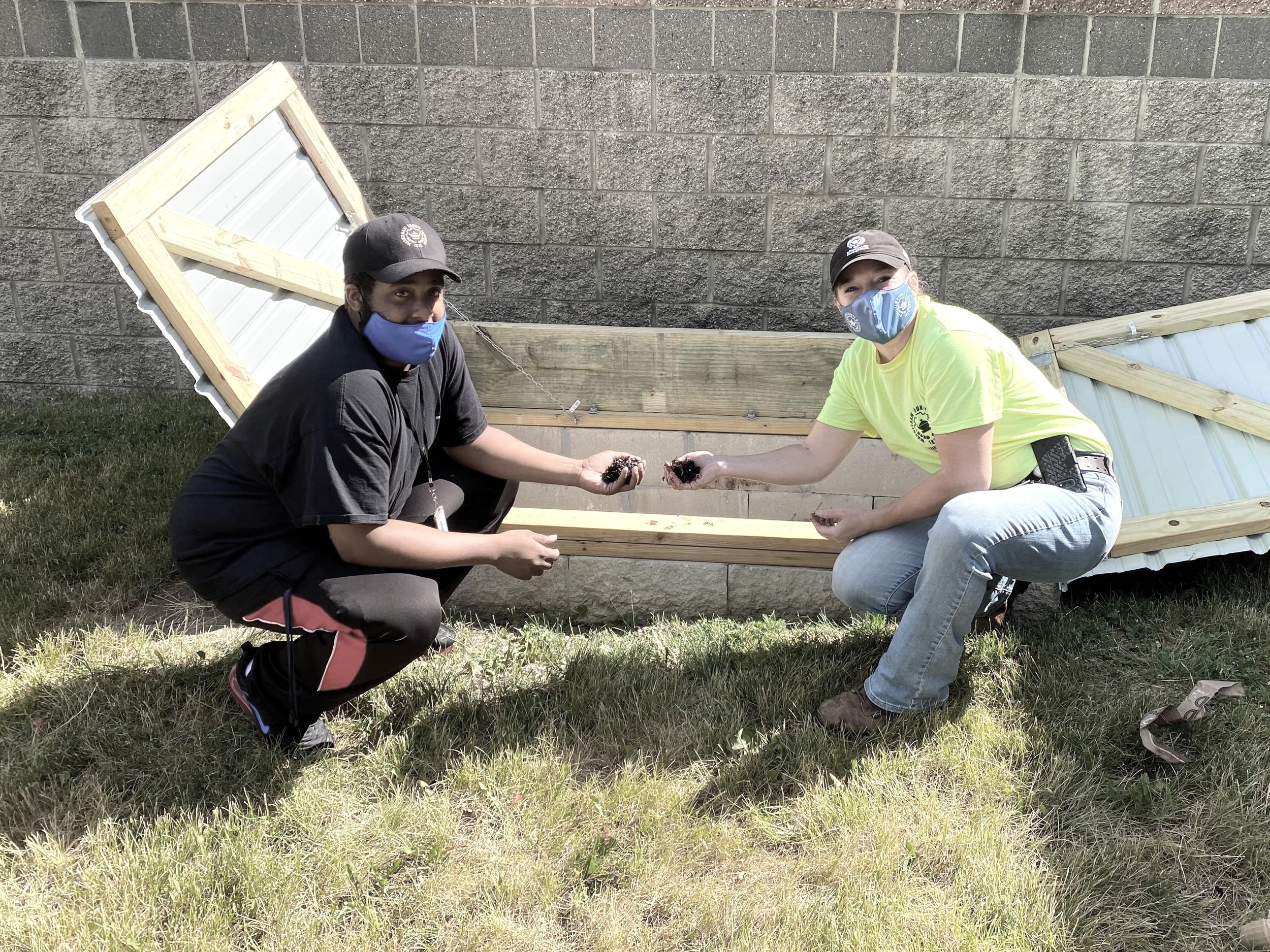
Washtenaw County Climate Action Plan
Washtenaw County Climate Action Plan
Client
Washtenaw County
Industry
Public & Government Agencies
Our Role
Guiding the development of Michigan’s first Climate Action Plan
The Challenge
Building a Climate-Resilient Community with the Resilient Washtenaw Plan
Washtenaw County is facing an urgent climate crisis, with increasing extreme weather events, rising temperatures, and shifting ecosystems impacting quality of life. In September 2019, The County Board of Commissioners declared a climate emergency. To address this, the County aims to achieve carbon neutrality for its operations by 2030 and countywide carbon neutrality by 2035. This ambitious goal requires a comprehensive approach that includes reducing greenhouse gas emissions, enhancing community resilience, and ensuring equity in climate action. The key goals of the project are:
Carbon Neutrality: Achieved carbon neutrality for County operations by 2030 and countywide by 2035.
Climate Resilience: Built resilience in the most vulnerable communities to protect them from climate impacts.
Community Engagement: Fostered strong partnerships and community involvement to ensure inclusive and effective climate action.
Sustainable Growth: Developed strategies that integrate climate action into all aspects of County governance and community life.

In 2019, Washtenaw County emitted 4.49 million metric tons of CO2, with County operations accounting for just 0.17% of total emissions, highlighting the scale of the challenge in achieving community-wide carbon neutrality.
Strategic Approach
We applied a comprehensive climate planning approach focusing on community and equity.
Our strategic approach focuses on creating a robust and adaptable Climate Action Plan that integrates data-driven insights, equity-centered community engagement, and collaborative partnerships to achieve Washtenaw County's ambitious climate goals.

Data-Driven Insights: Comprehensive greenhouse gas inventories and climate vulnerability assessments guided targeted, evidence-based actions toward carbon neutrality.

Equity-Centered Engagement: A robust community engagement strategy ensured that all voices, especially those of vulnerable communities, are heard and integrated.

Collaborative Partnerships: We worked closely with local municipalities, non-profits, and research institutions to create a unified, supported climate action strategy.

Adaptable and Scalable Solutions: Our strategies were flexible and scalable, allowing the County to adapt and improve over time.

"Washtenaw’s collaboration and committment to sustainability have been crucial in creating a successful, community-driven climate action plan."
-MatThew NAUD, Washtenaw County
Outcomes
Achieving Washtenaw County's Climate Vision Through Strategic Action
RRS guided Washtenaw County in developing a robust and actionable Climate Action Plan that positions the County as a leader in sustainability and resilience. By integrating data-driven insights, equity-centered engagement, and collaborative partnerships, the project delivered a comprehensive roadmap to achieve carbon neutrality by 2035 and enhance community resilience to climate impacts.
Comprehensive GHG Inventory: Successfully conducted a thorough greenhouse gas inventory, providing a clear baseline for future emissions reductions.
Equity-Focused Engagement: Engaged a diverse cross-section of the community, ensuring the plan reflects the needs of all residents, particularly the most vulnerable.
Collaborative Strategy Development: Formulated adaptable and scalable strategies through strong partnerships with local municipalities, non-profits, and research institutions.
Actionable Roadmap: Delivered a detailed and flexible Climate Action Plan that includes clear metrics, timelines, and responsible entities to guide implementation and continuous improvement.
This collaborative effort has empowered Washtenaw County to take bold steps towards a sustainable future, ensuring that all communities benefit from the transition to a low-carbon, resilient environment.
4.49
million metric tons of CO2 emitted by Washtenaw County in 2019
66%
of community CO2 emissions originate from existing buildings
1,123
residents engaged in the creation of the climate plan
The Team
A dedicated team from RRS collaborated closely with Washtenaw County throughout the development and implementation of the Resilient Washtenaw project.
This multidisciplinary team included Project Managers, Stakeholder Engagement Specialists, Data Analysis Experts, and Communications and Outreach Coordinators. Additionally, the team developed comprehensive strategies to engage and involve local communities in the planning process. GIS mapping specialists and sustainability experts played a crucial role in assessing environmental impacts and identifying opportunities for resilience improvements. Each member brought specialized expertise to ensure the project’s success, from conducting thorough assessments and gathering community input to designing actionable plans that align with Washtenaw County’s sustainability goals. The team's combined efforts and deep understanding of the local context were vital in crafting a project that enhances the county's resilience and supports its long-term environmental objectives.




